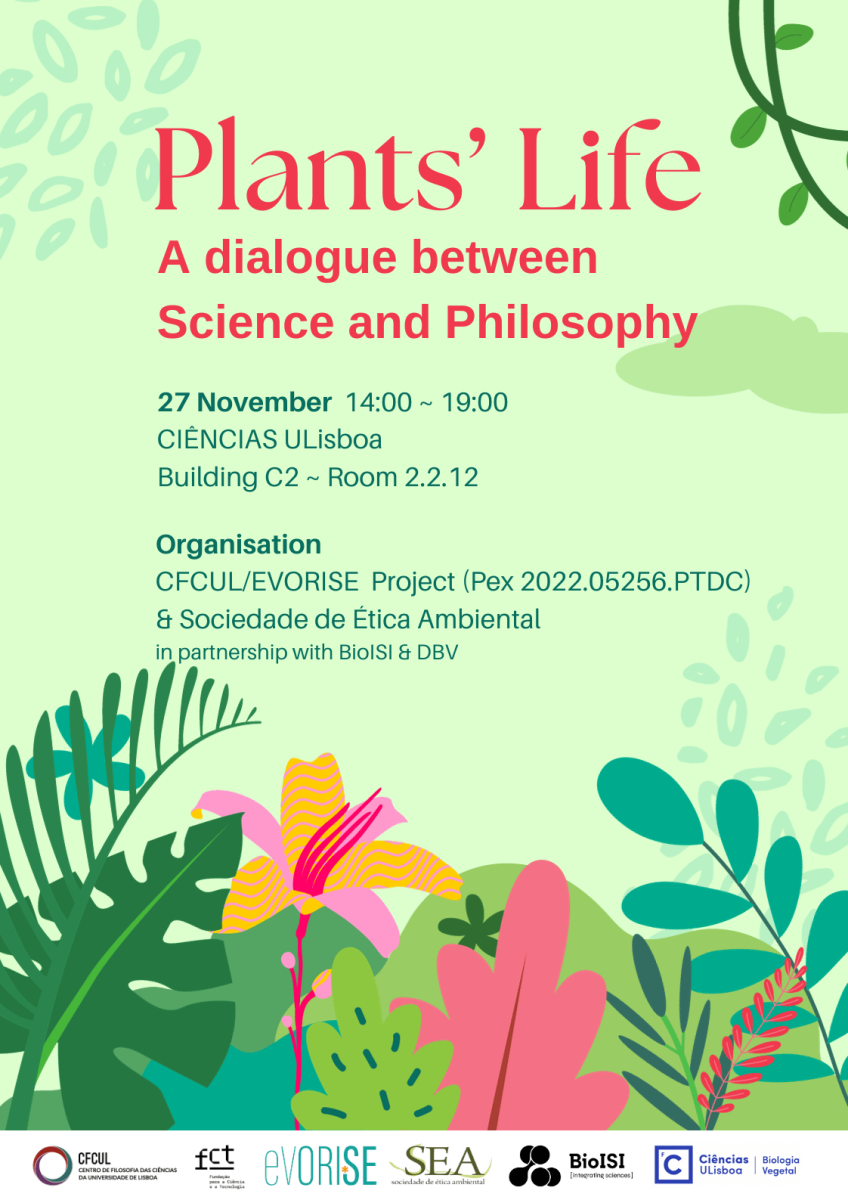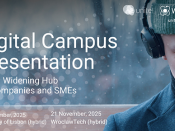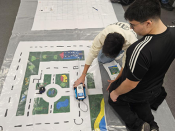Charles Darwin was convinced that plants possessed a similar level of intelligence to lower animals. He formulated the root-brain hypothesis, which postulated that the organ of intelligence in plants was the root meristem. Perhaps imbued with this conviction, he teamed up with the physiologist John Burdon-Sanderson and made the first measurements of electrical signals in plants. This facet of his work, however, fell into prolonged oblivion. Today, fuelled in part by advances in information theory and, more importantly, by the ethically motivated search for sentience in lower animals, there is a new interest in the cognitive characteristics of plants. At the same time, significant effort has been put into the development of plant electrophysiology, which is on the verge of providing important practical applications. We are therefore witnessing a lively dialogue between science and philosophy (and sometimes pseudoscience…) about the cognitive characteristics of plants. The aim of this meeting is to shed some light on the subject, although it may well raise more questions than answers.






















